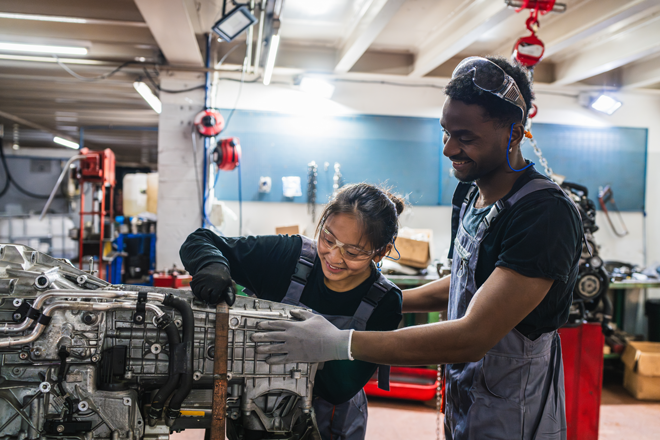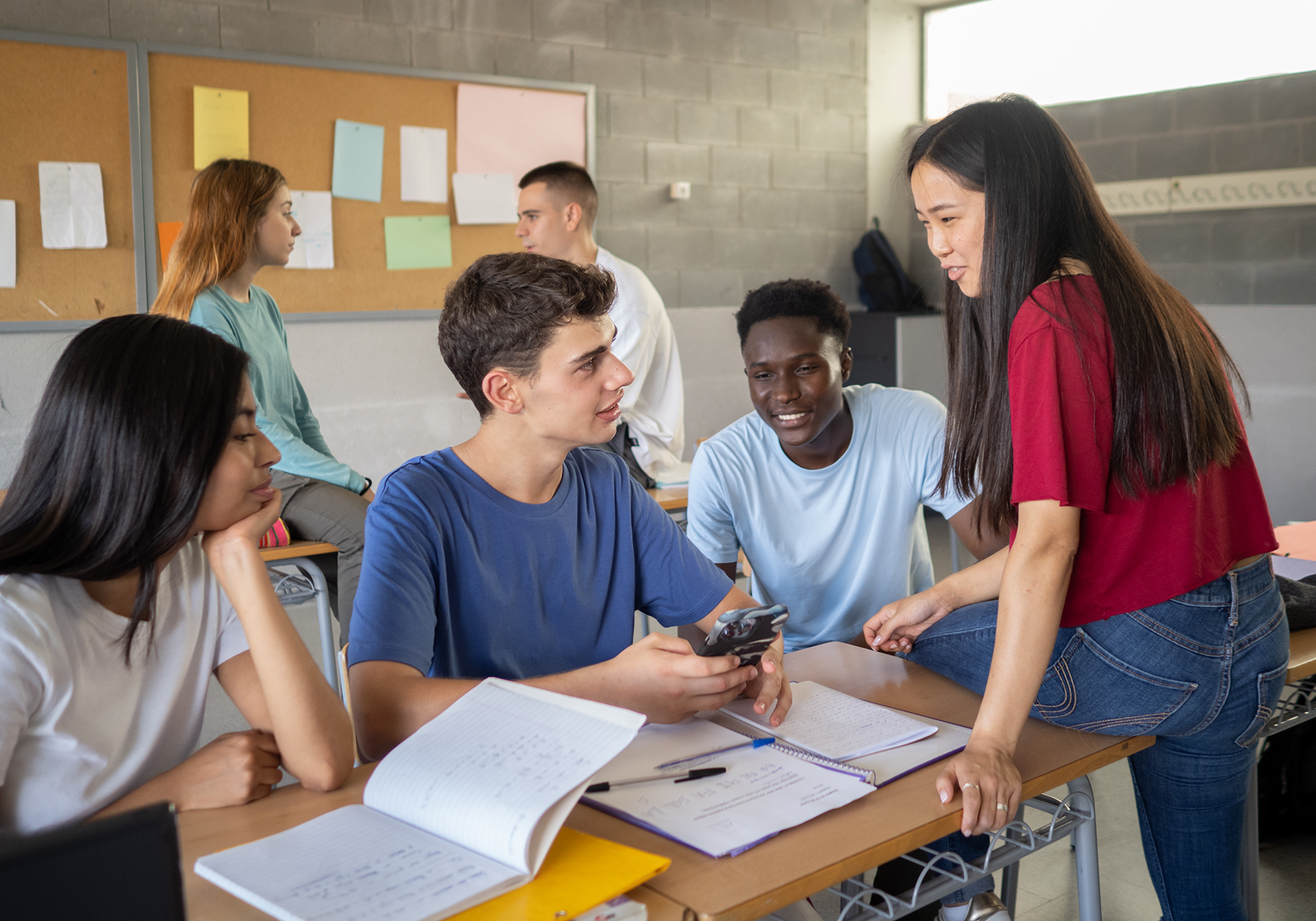SRI is investigating the range of high school career development opportunities in Los Angeles Unified School District (LAUSD). The study will examine how career development opportunities are implemented, who has access to and participates in them, what students’ experiences are, and how participation is associated with students’ progression in school.
In this brief, we provide a profile of each Beyond ENE grantee that describes its student population during the 2022–23 school year as well as select progress metrics.1 These profiles draw from school administrative data and student survey data. Project: Evaluation of the Engage New England Initiative Download: The Beyond Engage New England Initiative: 2022–23 … Continue reading The Beyond Engage New England Initiative: 2022-23 School Profiles
Suzanne Donovan, executive director of the Strategic Education Research Partnership (SERP) Institute, and Vanessa Coleman, co-director of SRI’s Center for Education Research & Innovation, recently sat down for a conversation with Kori Hamilton Biagas to discuss scaling innovations that disrupt inequity and create system-level change.
New performance data gets released. Without even seeing the data, what would you predict is the pattern? For over 20 years, since No Child Left Behind, we have seen the same, predictable performance differences. And for over 20 years, there’s been a desire to quickly compare data points, find bright spots and challenges, craft a narrative, and decide on next steps.
One objective within our Equitable Pathways to College and Career team is to highlight projects and initiatives that weave equity-driven practices into the fabric of our work. One such initiative is supported by the National Science Foundation (NSF)—NSF’s Eddie Bernice Johnson INCLUDES Initiative (NSF INCLUDES).
Traditional metrics for tracking progress toward graduation can obscure the progress of those students least well served by the education system who end up off track to graduate in 4 years, and they can even disincentivize educators from focusing on these students. In alternative high schools, which tend to serve large proportions of students with … Continue reading Equitably Measuring Student Progress to Graduation: Insights from the Engage New England Initiative
In this research brief, we present findings from the Deeper Learning + Diffusion of Innovation and Scaled Impact Initiative (DL+D initiative).
In early 2021, the William and Flora Hewlett Foundation contracted with SRI Education to conduct a retrospective evaluation of the foundation’s Deeper Learning + Diffusion of Innovation and Scaled Impact Initiative (DL+D).









